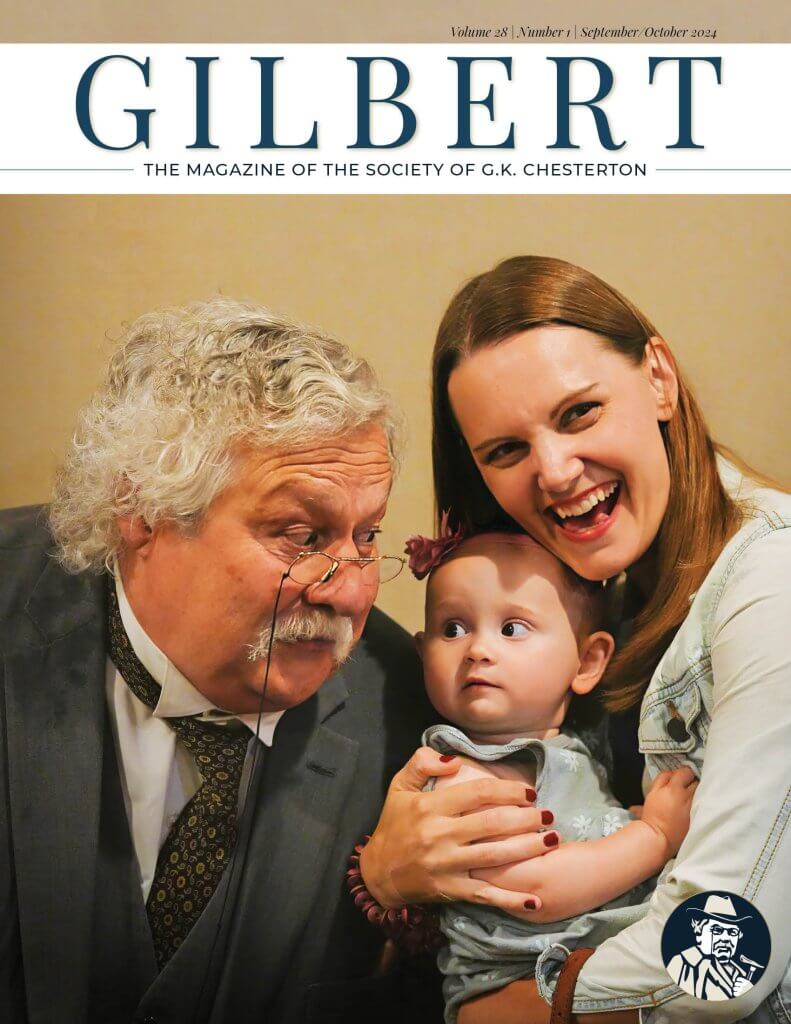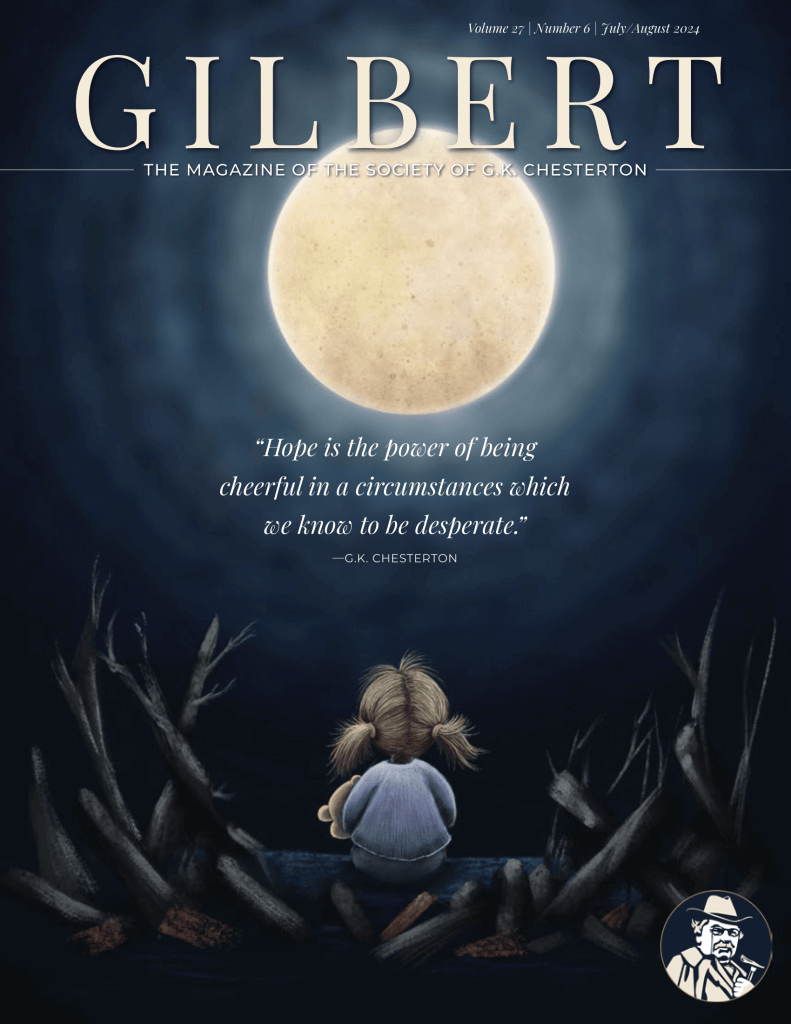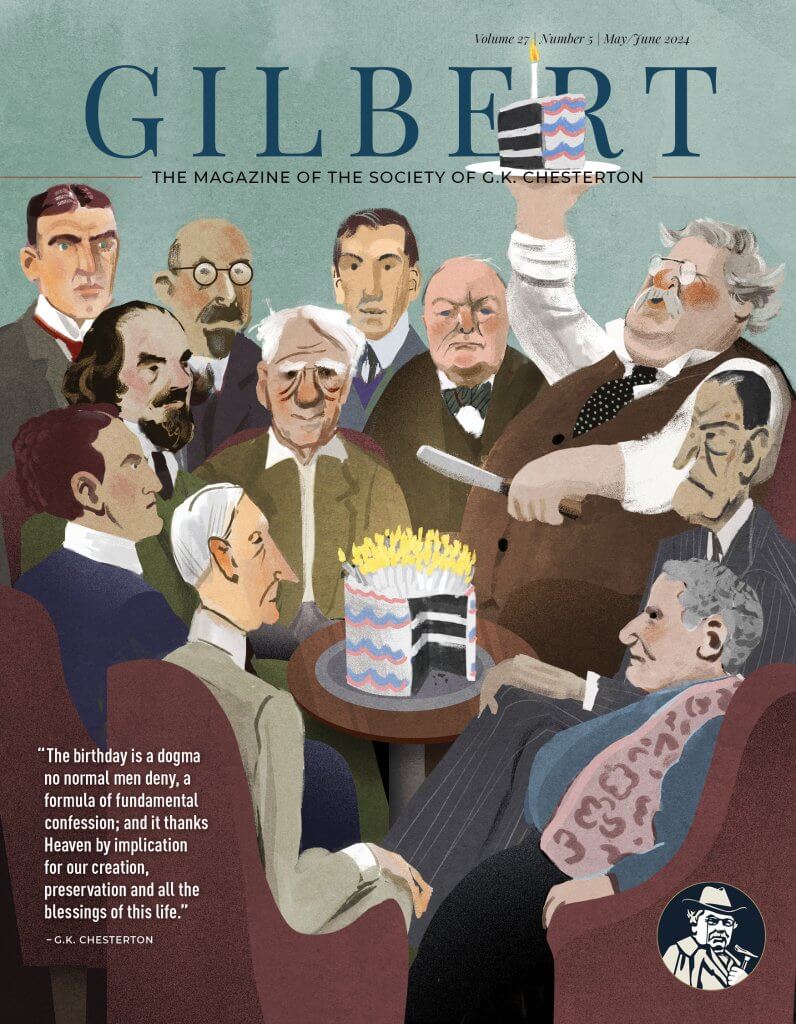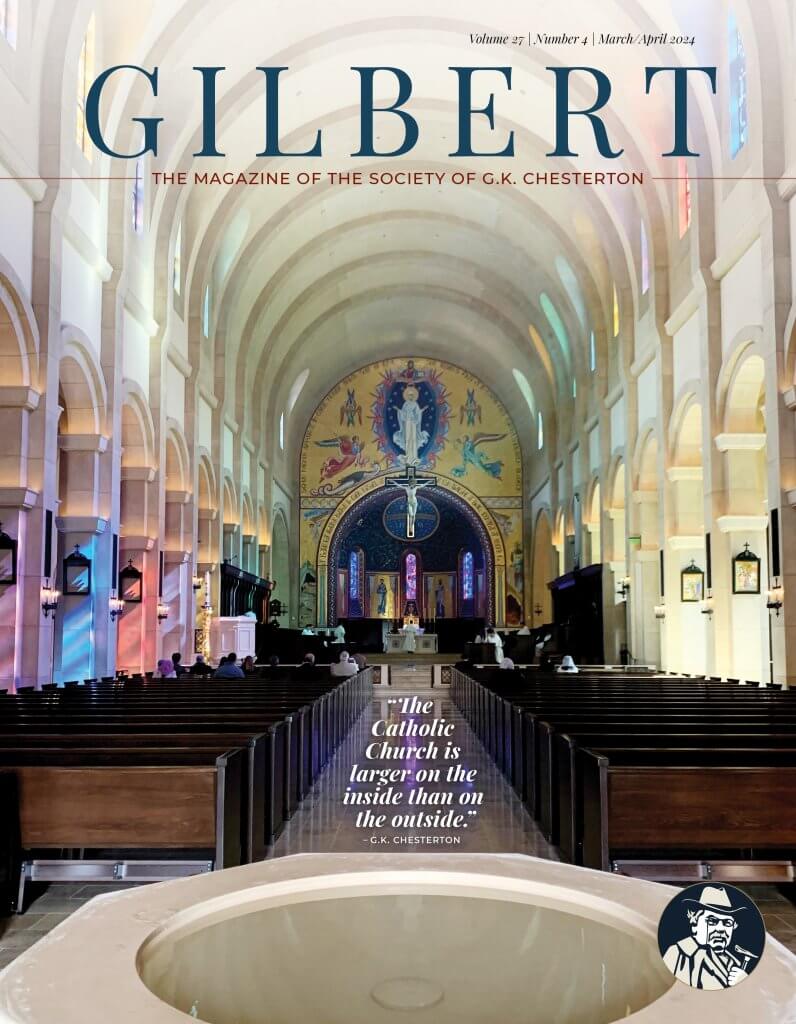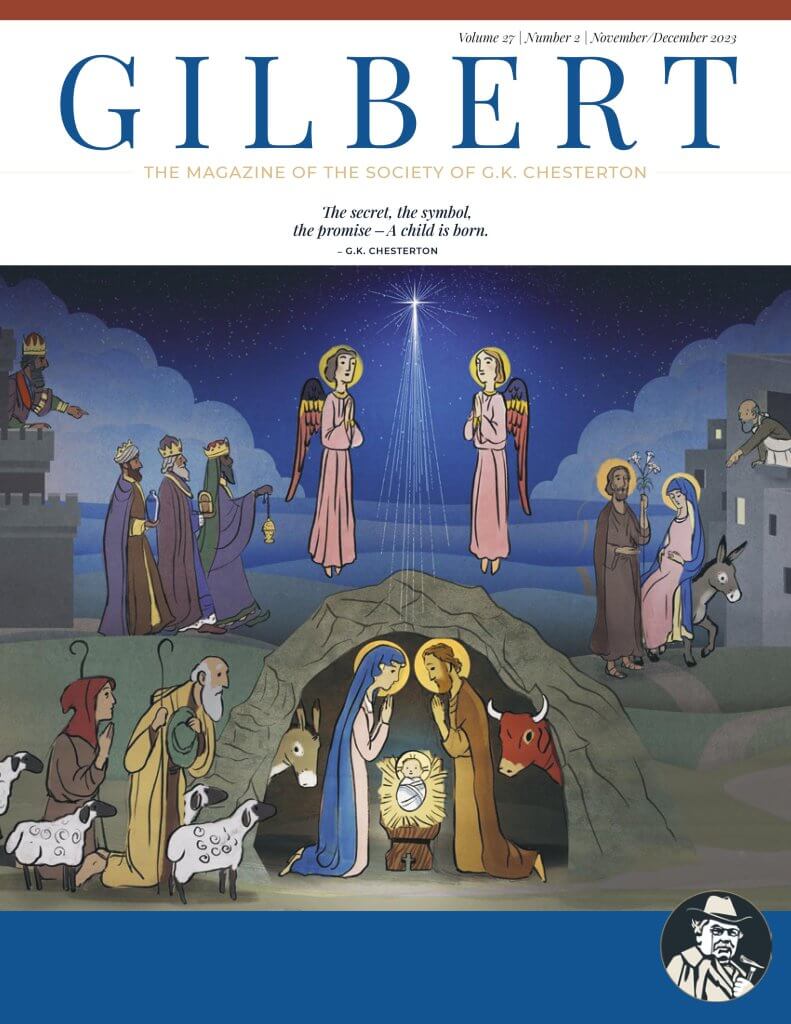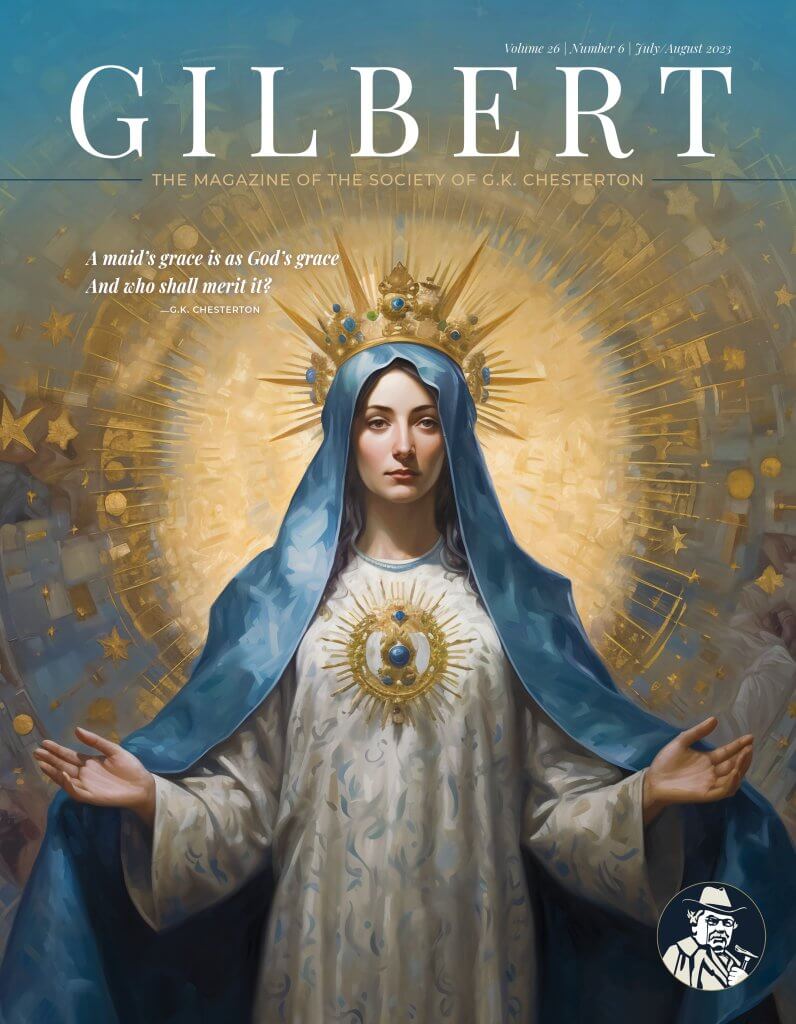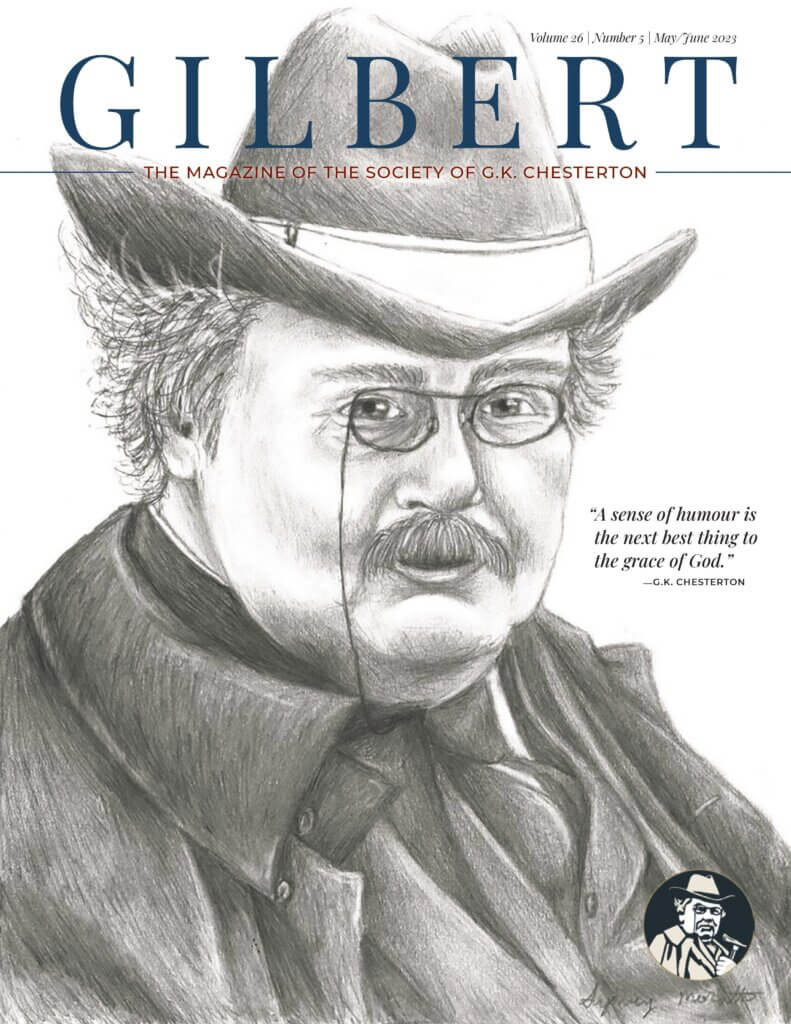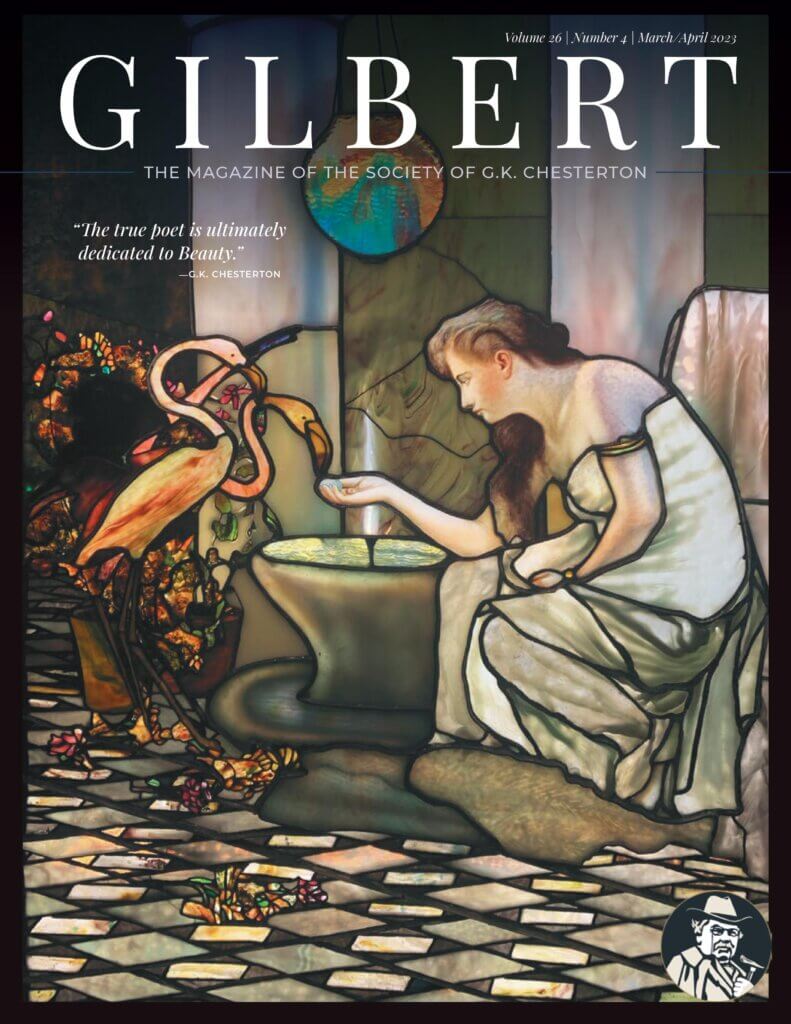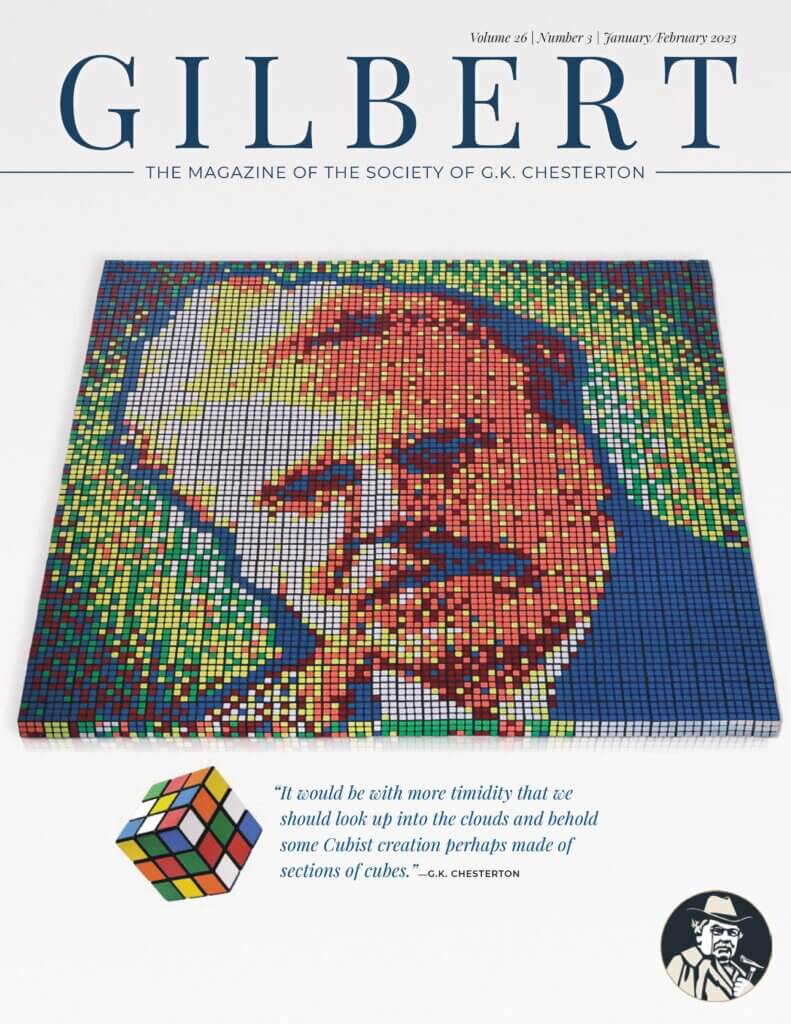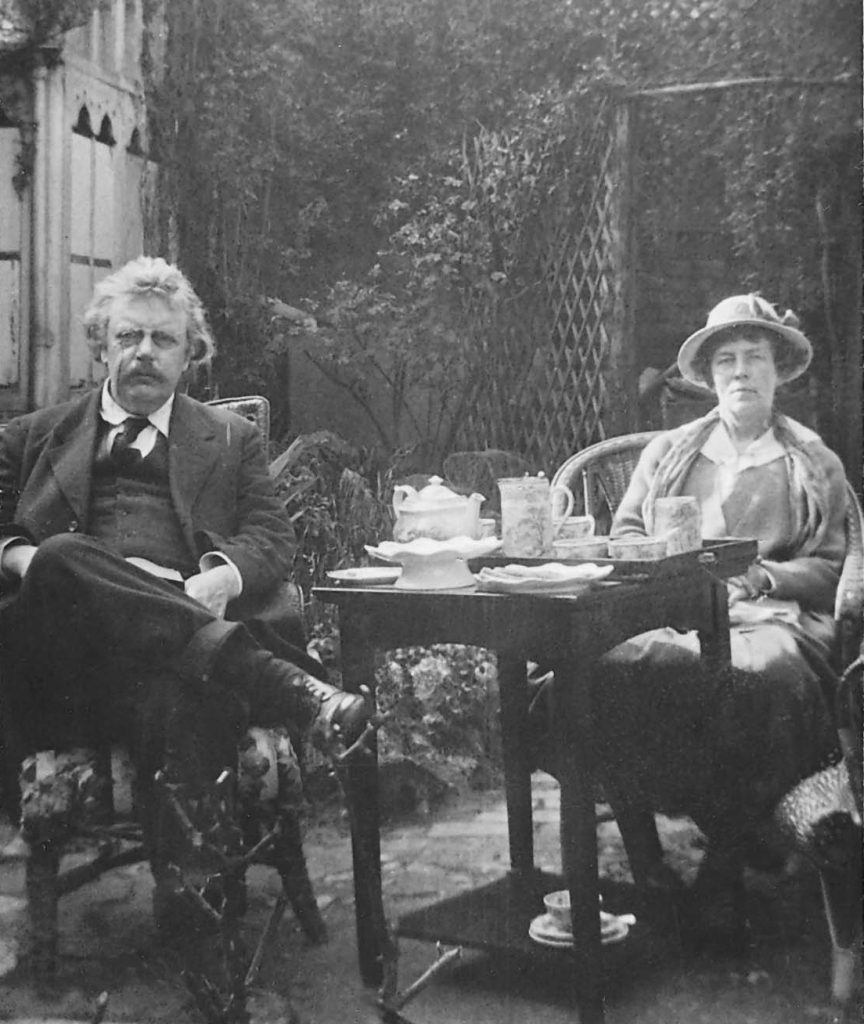The Enduring Blunder
There are more surprises in the past than in the future. That’s because the past keeps filling up and the future is still empty. When we look back, we see a mountain of material to be discovered, contemplated, and learned from. When we look ahead there is only a vast unknown. As G.K. Chesterton says, […]
The Enduring Blunder Read More »





